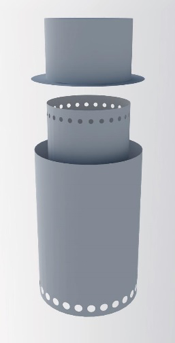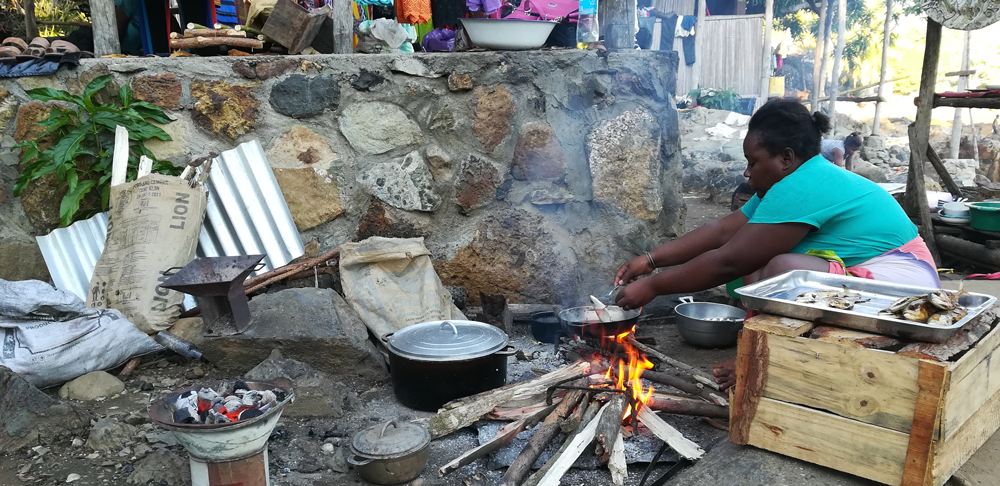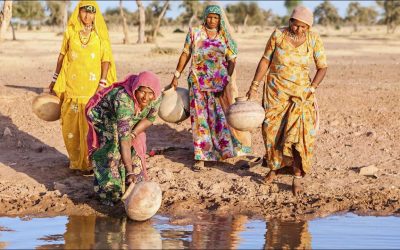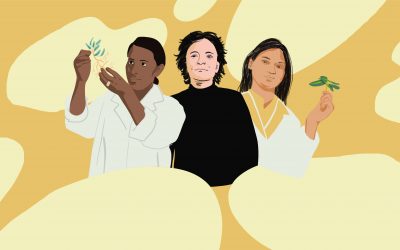“Today, I woke up at 7am to go to University. My mind kept wondering: June the 5th.
About 15 minutes later, I managed to get up and head to the kitchen to have breakfast. While mixing the sugar in my coffee I thought, again, June the 5th.
I got up, loudly crawling the chair on the floor, and with slow and lazy regular steps, I headed to the bathroom.
Humming, I leaned my clothes on top of the furniture and I got in the shower.
The water running down my skin and clouds of vapor suspended all over the room.
Today is June the 5th. World Environment Day.
I turned off the tap, shook the shower curtain, and I got out. “
Today, June the 5th, Kukula wants to celebrate World Environment Day. The goal is to give to the world environmental problems the attention they deserve. Among others, this year the main topic is air pollution, a plague that concerns the entire Terrestrial system with different intensities in different geographic areas.
We therefore want to take up this opportunity to talk to you of one of our development projects in more details: “Zero Carbon”. The goal of “Zero Carbon”, is to counteract and reduce the health, environmental and social impacts caused by the use of traditional cooking methods and fuels.
Domestic pollution related to the use of firing methods based on high polluting emissions stoves causes premature death of about 4 million people every year. According to the World Health Organization, Madagascar is one of the twenty countries in the world with the highest mortality rate due to pollution in domestic environments (second cause of death in the country). About 99% of the Malagasy population, in order to cook, uses firewood and charcoal in their stoves. Their combustion releases particulate matter (PM), carbon monoxide (CO) and other toxic pollutants.

The use of these fuels also contributes significantly to the deforestation process which threatens entire ecosystems and causes significant social impacts, linked to long term supply.
The “Zero Carbon” project aims to counteract and reduce health, environmental and social impacts linked to the use of traditional cooking methods on the island through careful analysis and the introduction of more efficient and sustainable systems. As such, Kukula aims to introduce Pyrolytic stoves in the village of Antintorona, built with materials available locally and fueled by bio-waste.
Once built, the stoves will be subjected to a series of tests in order to evaluate their efficiency and monitor their emissions. The results will include both figures from the prototypes built in Italy and the ones built locally.

The introduction of this more efficient and sustainable cooking system, we believe can bring positive impacts both from a social point of view, thanks to the improvement of the sanitary conditions of the population, both from an environmental point of view, thanks To the use of alternative fuels.
In particular, through the daily work and commitment side by side with the local population, Kukula aims to achieve the following medium-long term goals:
- Improving the living conditions of the population: families (mainly women and children) will benefit from a better domestic air quality which would reduce the risk of respiratory infections.
- Improving cooking efficiency: more efficient stoves imply saving fuel and time spent for preparing meals. The time and money saved can be alternately employed towards education and livelihood.
- Increasing CO2 sequestration from the atmosphere: the pyrolysis process, unlike traditional cooking methods, is carbon-negative. In fact the CO2, seized during the entire life cycle of the biomass used as fuel, is fixed within the biochar during the carbonization process. This, used as soil amendment, traps CO2 in the ground, removing it definitively from the atmosphere.
- Exploitation of bio-waste: the fuels used to supply the stoves are produced from waste material. This technique enhance circular economy, counters the deforestation process and limits the use of firewood and charcoal.
- Increasing awareness: lesson, initiative and training courses will take place in the village to increase awareness on health, environmental and social issues related to the use of traditional cooking methods. Moreover, local users will learn how to correctly use the pyrolytic stoves.

Giulia Ercolani
Bees, flowers and intensive agriculture
The bee is an extraordinary animal. Leaning out...
Women in leadership: Achieving an equal future in a COVID-19 world
08 MARCH –Today, in occasion of the...
Science is also “girl stuff”
In some fields more than others, gender gap is...




